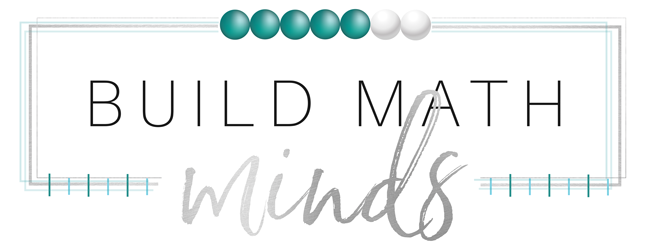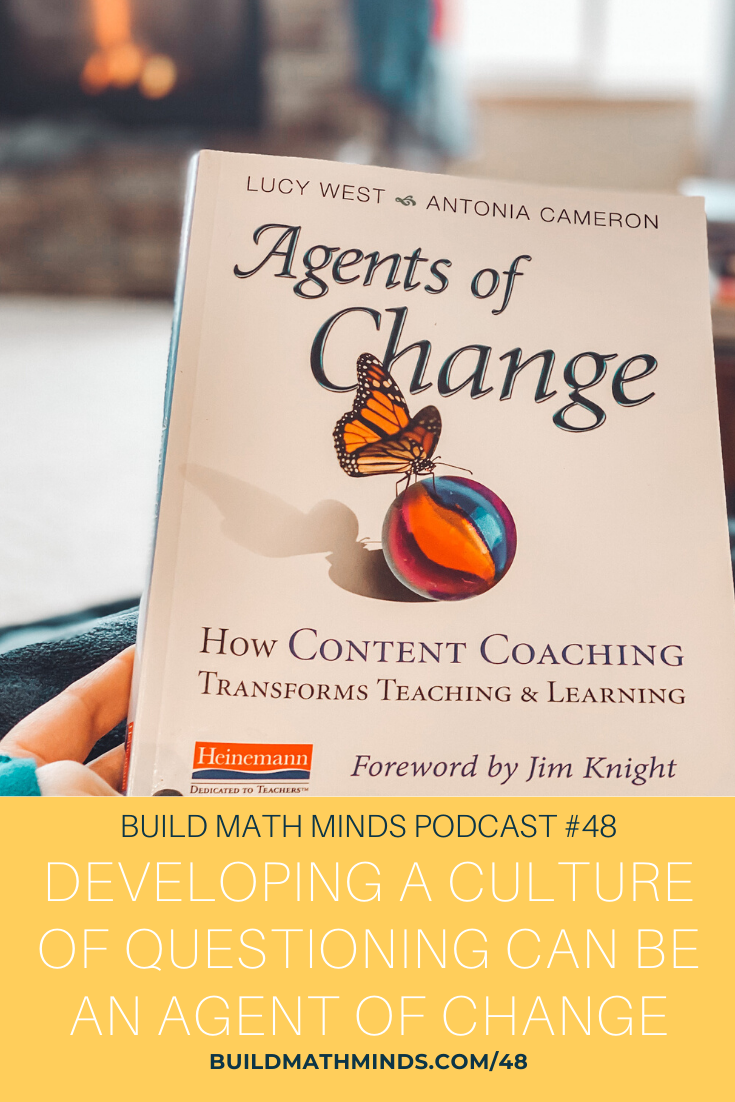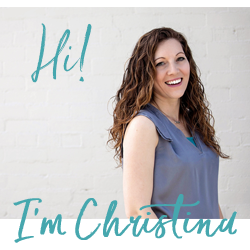Resources mentioned in this episode:
Agents of Change: How Content Coaching Transforms Teaching & Learning by Lucy West and Antonia (Toni) Cameron
Lucy West’s Virtual Summit Session from 2018 (for Build Math Minds PD site members)
Welcome fellow Recovering Traditionalists to Episode 48. Today we are looking at how Developing a Culture of Questioning Can Be an Agent of Change.
Welcome to Build Math Minds the podcast, where fidelity to your students is greater than fidelity to your textbook. I’m your host, Christina Tondevold, the recovering traditionalist and BuildMathMinds.com Founder, where my mission is to change the way we teach elementary math to our kiddos. Are you ready to start building math minds and not just creating calculators? Let’s get started.
Today I was reading back through the book Agents of Change: How Content Coaching Transforms Teaching & Learning by Lucy West and Antonia (Toni) Cameron. I’m sitting here on my couch bundled up with a blanket and my coffee, fireplace going because it’s freezing outside and the snow is dumping. But just 4 days ago it was 60 degrees outside. It really hit me at that moment how quickly some things change (like the weather) but not in education.
The book Agents of Change is full of ideas on how to build a system within your school or district through Math Coaching that will create sustainable change. However, lots of the ideas within the book are things we can do even if we aren’t a math coach.
I recently did a webinar about the lessons I’ve learned on my journey to becoming a Recovering Traditionalist and I got lots of people saying they are on their journey as well but would like advice on how to help their colleagues start their journey. I didn’t mention it on the webinar, but I should have mentioned the book Agents of Change because so many of the ideas in this book don’t have to be limited to just Math Coaches…all educators can implement ideas from this book.
One in particular is developing a Culture of Questioning. On pages 82-83,
“Einstein admonishes us to never stop questioning (1955). Dewey said curiosity is the foundation of all thinking (1933). Teachers are encouraged to ask open-ended, higher-order questions to cultivate students’ capacity to reason. Yet coaches often shy away from asking colleagues provocative, probing questions, and teachers who question the new initiative, mandate, policy, or program are often seen as resistant or insubordinate and are sometimes sanctioned. When this happens, people tend to whisper in the teacher’s room instead of speaking up during a meeting. How might we create an environment in which asking one another genuine, thought provoking questions is the welcomed norm?
We are describing a significant shift in culture. Shifts like this begin with small steps and generally start with us. For example, if we want others to welcome questions, then we need to encourage others to question us and when they do, we need to receive those questions with grace and humility. We can ask permission of others to question them and give them permission not to have answers. This creates safety. For example, ‘I have a question that I’d like to ask you, and it may be one you can’t answer easily, or right now and that’s okay. Are you open to me asking it?’ This approach is respectful and freeing and also provides safety. If the person chooses to answer, respect that answer, being careful not to criticize or reject it. Maybe ask a further question. If the person chooses not to receive the question or not to answer, be graceful then too.”
I love this idea. First I love that they push back on us in that we are asking our students to be reflective and yet we don’t ask that of our colleagues. I know doing that is hard which is the other thing I love, they gave us an idea of how to respectfully ask our colleagues to reflect. And lastly, I wholeheartedly agree that if we want others to do something we need to do it first. If we want others to be open to having their teaching critiqued then we need to do it first. Allow others to come into your room and ask them to give you advice about the lesson and the student thinking that occured.
If you are a math coach or are looking at getting math coaches in your district, I highly recommend this book to help guide that process. But as I said before, I think that even though this book is geared towards someone in a Math Coach role, there are lots of ideas in here that can be used by any educator to help be an Agent of Change at your school.
For those of you who are Build Math Minds members, inside the PD site I did an interview with Lucy West, one of the authors, during the 2018 Virtual Math Summit. You can find that by logging into the member area, click on Virtual Math Summit and then go into the videos from 2018.
Subscribe and Review in iTunes
Hey, are you subscribed to the Build Math Minds Podcast, yet? If you’re not, make sure to do that today because I don’t want you to miss any episodes! Click here to subscribe to the podcast in iTunes.
While you’re there, don’t forget to leave a review on iTunes too. I would love to know your thoughts and how we can make sure that we give you content that you will really enjoy.
To leave a review, head over to iTunes and click on “Ratings and Reviews” and “Write a Review.” I can’t wait to hear your thoughts about the podcast.




